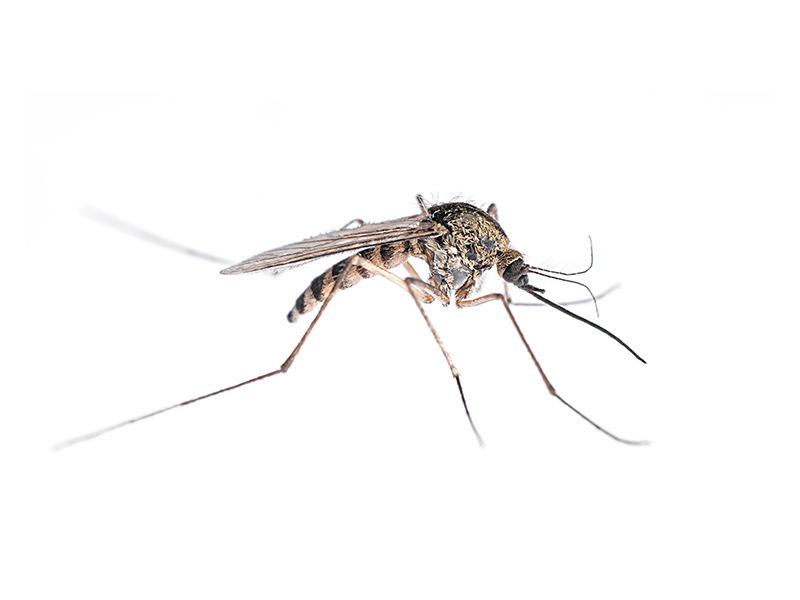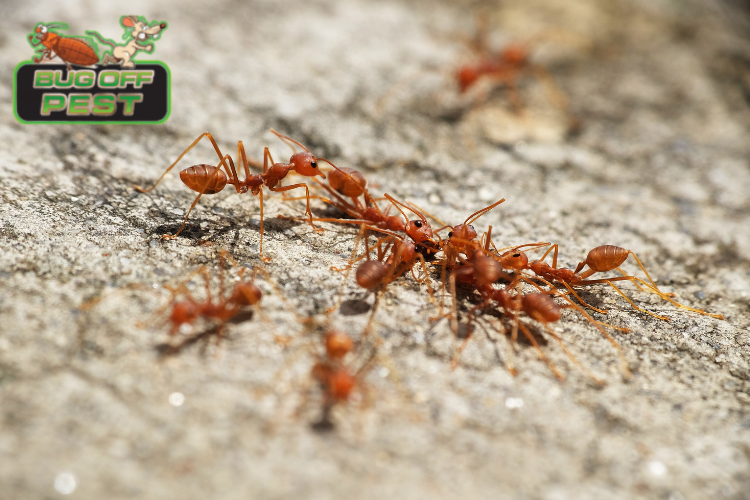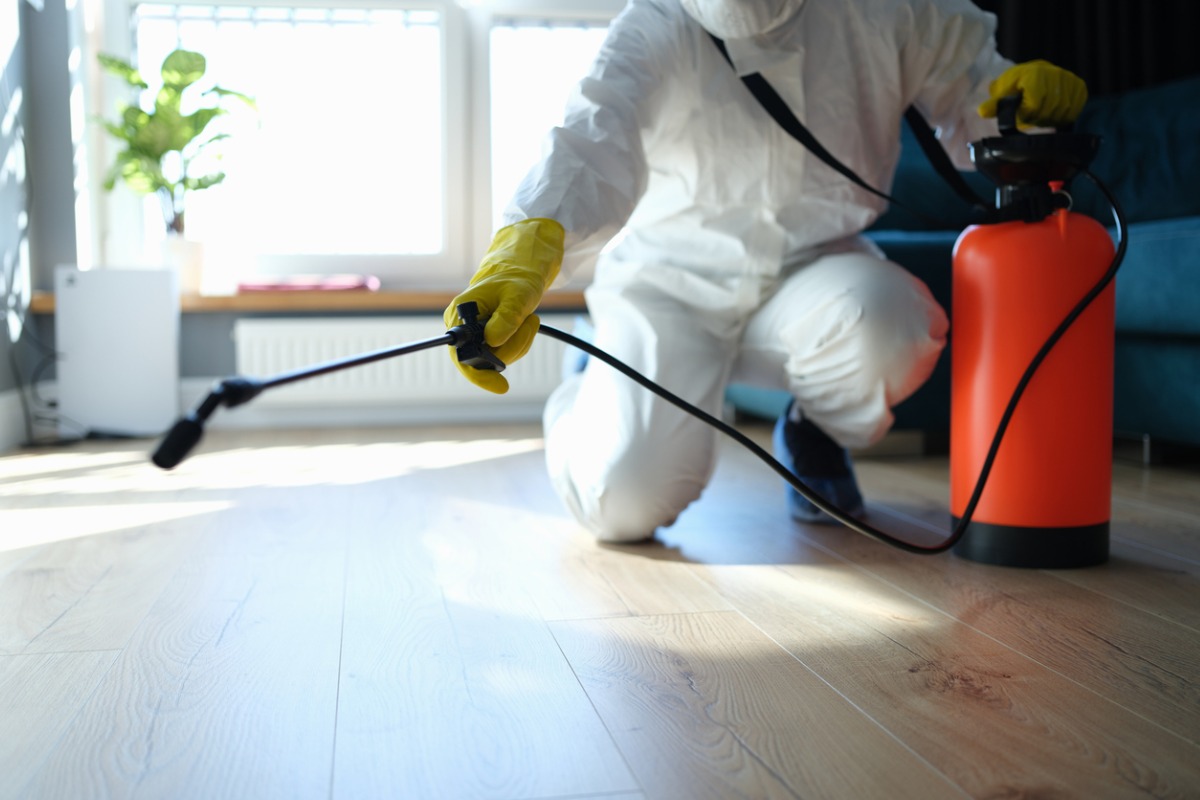Premium Pest Control in Port Charlotte for complete peace of mind.
Premium Pest Control in Port Charlotte for complete peace of mind.
Blog Article
Exploring Cutting-edge Techniques and Products for Efficient Bug Control
The landscape of insect control is progressing, noted by the appearance of cutting-edge methods and products designed to enhance performance and sustainability. From wise catches furnished with innovative monitoring systems to biological techniques that employ natural killers, these innovations offer a standard shift in just how we approach pest management.
Smart Traps and Monitoring Systems
Just how can modern-day innovation improve insect management? One significant advancement is the development of smart catches and keeping an eye on systems, which supply real-time data and analytics for effective parasite control. These systems make use of sensing units and wireless modern technology to identify bug activity, alerting property supervisors and insect control professionals to problems prior to they rise.
Smart traps are equipped with functions such as bait terminals that attract parasites and catch them effectively. These catches can be kept an eye on remotely, enabling timely treatments and lessening the need for substantial chemical applications. Additionally, the combination of machine discovering algorithms allows these systems to set apart in between target insects and non-target varieties, enhancing the precision of pest control procedures.
Additionally, the information collected from clever catches can be assessed to identify patterns in pest habits and ecological aspects adding to invasions (Pest Control in Port Charlotte). This details is important for developing targeted pest management strategies tailored to certain atmospheres. By welcoming wise traps and keeping an eye on systems, parasite control specialists can boost their functional effectiveness and decrease the eco-friendly impact of parasite monitoring, inevitably causing much safer and much more lasting methods in the market
Biological Pest Control Techniques
Making use of all-natural predators and parasites, organic insect control methods supply an eco pleasant alternative to chemical treatments. This strategy entails the introduction or improvement of specific microorganisms that can normally manage insect populations, consequently decreasing dependence on artificial pesticides. Usual instances include the usage of ladybugs to manage aphid invasions and parasitical wasps to target caterpillars.

Organic control can be categorized right into three primary strategies: classical, augmentative, and conservation. Classic organic control involves importing natural opponents from the bug's native environment, while augmentative control involves raising the population of existing natural opponents through launches. Preservation methods focus on producing problems that sustain these useful organisms in the environment.
The effectiveness of biological bug control hinges on comprehending the intricate interactions within ecological communities. It typically needs an extensive analysis of pest dynamics and the life process of both the parasites and their all-natural opponents. While organic approaches may not offer prompt outcomes like chemical choices, they add to long-term insect administration and ecological community health. As understanding of ecological issues grows, biological insect control techniques are progressively recognized for their sustainable role in integrated bug monitoring programs.
Eco-Friendly Chemical Alternatives
Green chemical alternatives provide a viable solution for parasite monitoring that minimizes environmental impact while effectively regulating parasite populaces. These options are derived from natural resources and are very carefully developed to target particular insects without hurting helpful organisms, making them a necessary element of sustainable parasite control approaches.
Among one of the most efficient eco-friendly alternatives are plant-based pesticides, such as neem oil and you can try this out pyrethrin, which are originated from the seeds and blossoms of various plants. These materials interrupt the life cycles of insects, decreasing their populations without the poisonous impacts related to standard pesticides - Pest Control in Port Charlotte. In addition, crucial oils like pepper mint and clove oil exhibit repellent homes, further boosting their energy in bug management

Additionally, green chemical options often damage down quicker in the atmosphere, lowering the risk of soil and water contamination. This particular aligns with the raising consumer demand for sustainable methods in farming and urban parasite control. As research study remains to breakthrough, the development of ingenious environmentally friendly solutions will certainly further improve effectiveness and expand application locations, making it possible for pest management professionals to adopt greener, much more accountable techniques in their practices while securing human wellness and the setting.
Scent Disturbance Strategies
An additional ingenious technique in lasting bug administration is making use of scent disruption techniques. These methods exploit the natural chemical signals, or scents, that pests make use of for communication, especially in mating actions. By interfering with these signals, parasite populaces can be successfully managed without resorting to hazardous chemicals.
Pheromone catches are generally utilized in this technique. These traps utilize synthetic variations of insect pheromones to entice male pests, thereby lowering their capability to find females and duplicate. Gradually, this can bring about a significant decline in insect populaces. Furthermore, the release of repellent scents can produce complication amongst bugs, further hindering their breeding processes - Pest Control in Port Charlotte.

Integrated Pest Administration Approaches
Reliable pest control commonly requires an extensive strategy, and Integrated Pest Management (IPM) approaches provide a framework for attaining this objective. IPM integrates different administration techniques to minimize insect populaces while lowering reliance on chemical pesticides. This multifaceted strategy starts with thorough monitoring and identification of insects, enabling for targeted treatments based on certain parasite pressures.
Social techniques, such as crop rotation and cleanliness, Resources play a vital function in check out here stopping bug establishment. Organic controls, including all-natural killers and parasitoids, are used to keep insect populations at convenient degrees. When essential, discerning chemical therapies are applied, stressing lower toxicity to non-target varieties and the setting.
Additionally, education and learning and outreach are integral components of IPM, promoting awareness amongst stakeholders concerning lasting methods and pest life cycles. The versatility of IPM allows specialists to respond effectively to transforming parasite characteristics and ecological conditions. By employing this holistic strategy, IPM not just improves insect control efficiency but additionally adds to long-lasting ecological equilibrium. Inevitably, Integrated Bug Administration represents a forward-thinking remedy that lines up agricultural performance with ecological stewardship, making it crucial in modern insect control strategies.

Final Thought
In conclusion, the combination of innovative strategies and items for reliable pest control stands for a significant development in lasting pest monitoring. Smart catches and monitoring systems, biological pest control approaches, environment-friendly chemical options, and pheromone interruption strategies collectively enhance the efficiency of parasite monitoring techniques.
Report this page